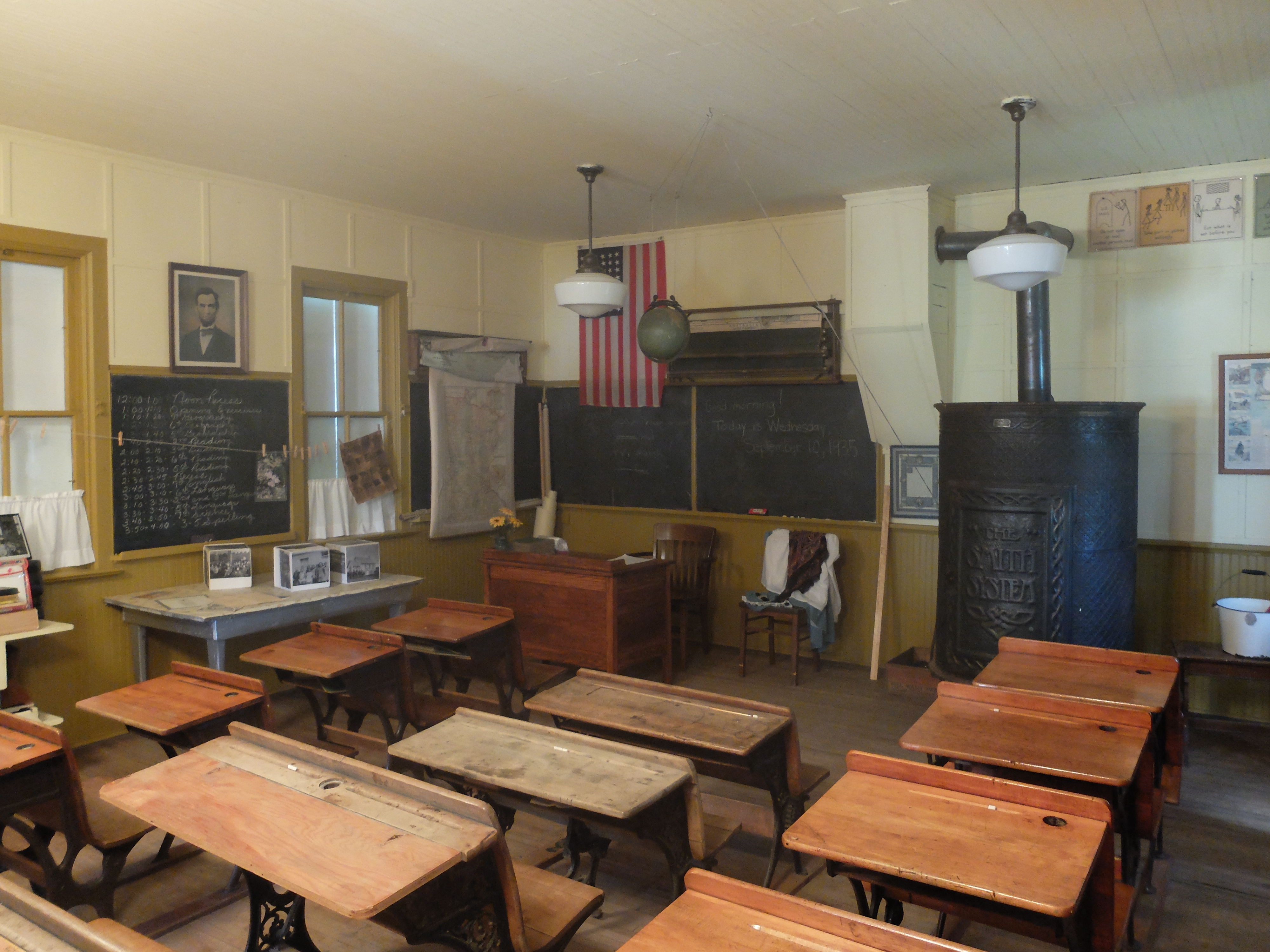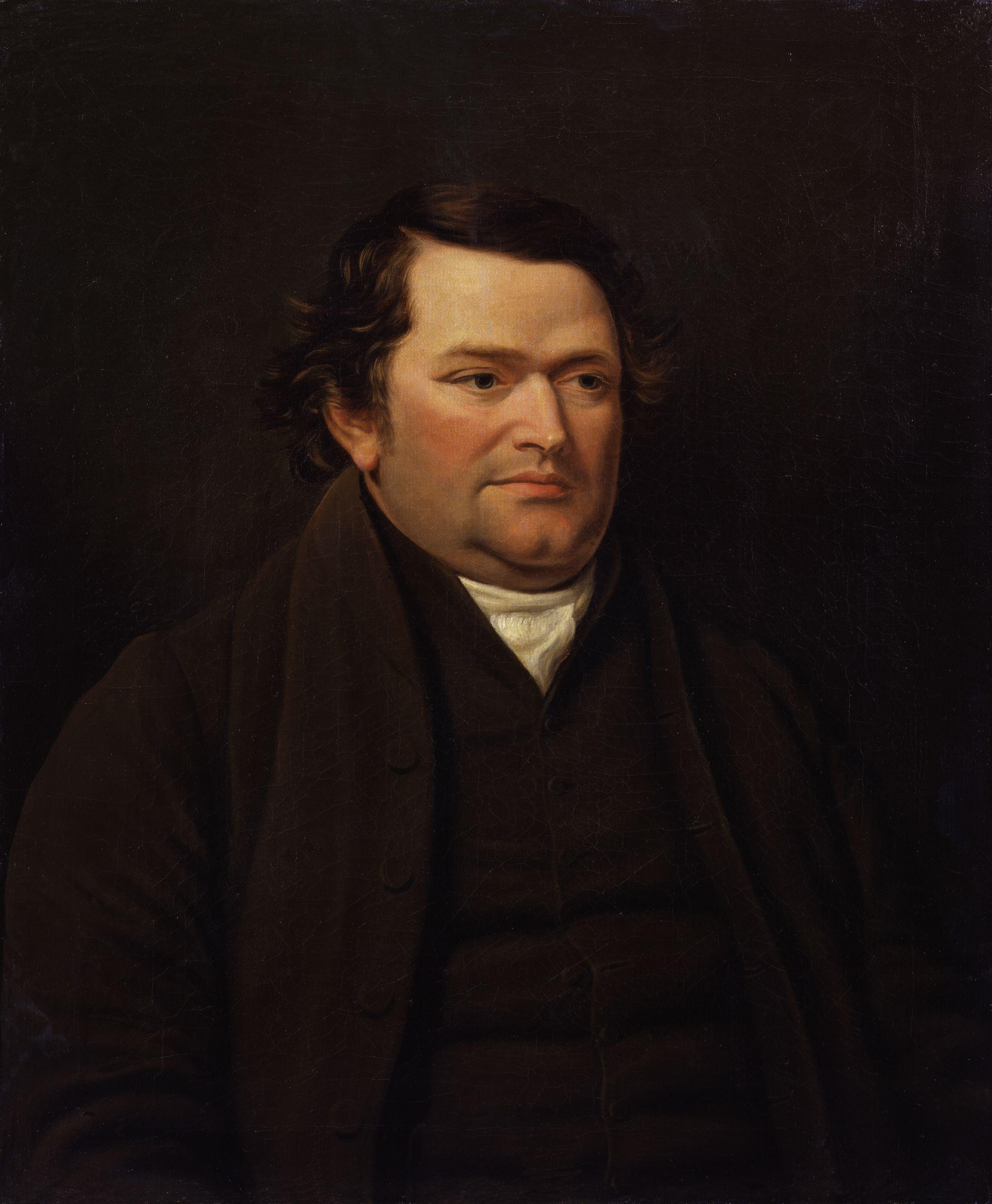|
Class, Bureaucracy, And Schools
''Class, Bureaucracy, and Schools: The Illusion of Educational Change in America'' is a 1971 book by American historian Michael B. Katz. The book focuses on the history of education in the United States between 1800 and 1885 in public elementary schools, and follows their transition from one-room schools to centralized, bureaucratic school systems.Suzuki, Bob H. (1998). Education and the Socialization of Asian Americans: A Revisionist Analysis of the'Model Minority' Thesis. In Franklin Ng (Ed.), ''Asian American Interethnic Relations and Politics'', pp. 41-69, Taylor & Francis. . The book was revised and expanded in 1975. Publication history *''Class, Bureaucracy and Schools: The Illusion of Educational Change in America'', Praeger (New York City), 1971, revised edition, 1975. See also *Education reform Education reform is the name given to the goal of changing public education. The meaning and education methods have changed through debates over what content or experiences ... [...More Info...] [...Related Items...] OR: [Wikipedia] [Google] [Baidu] |
Michael B
Michael may refer to: People * Michael (given name), a given name * Michael (surname), including a list of people with the surname Michael Given name "Michael" * Michael (archangel), ''first'' of God's archangels in the Jewish, Christian and Islamic religions * Michael (bishop elect), English 13th-century Bishop of Hereford elect * Michael (Khoroshy) (1885–1977), cleric of the Ukrainian Orthodox Church of Canada * Michael Donnellan (1915–1985), Irish-born London fashion designer, often referred to simply as "Michael" * Michael (footballer, born 1982), Brazilian footballer * Michael (footballer, born 1983), Brazilian footballer * Michael (footballer, born 1993), Brazilian footballer * Michael (footballer, born February 1996), Brazilian footballer * Michael (footballer, born March 1996), Brazilian footballer * Michael (footballer, born 1999), Brazilian footballer Rulers =Byzantine emperors= *Michael I Rangabe (d. 844), married the daughter of Emperor Nikephoros I * Mi ... [...More Info...] [...Related Items...] OR: [Wikipedia] [Google] [Baidu] |
History Of Education In The United States
The history of education in the United States covers the trends in educational formal and informal learning in America from the 17th century to the early 21st century. Colonial era New England The first American schools in the thirteen original colonies opened in the 17th century. Boston Latin School was founded in 1635 and is both the first public school and oldest existing school in the United States. The first free taxpayer-supported public school in North America, the Mather School, was opened in Dorchester, Massachusetts, in 1639. Cremin (1970) stresses that colonists tried at first to educate by the traditional English methods of family, church, community, and apprenticeship, with schools later becoming the key agent in "socialization." At first, the rudiments of literacy and arithmetic were taught inside the family, assuming the parents had those skills. Literacy rates were much higher in New England because much of the population had been deeply involved in the Protes ... [...More Info...] [...Related Items...] OR: [Wikipedia] [Google] [Baidu] |
Elementary School
A primary school (in Ireland, the United Kingdom, Australia, Trinidad and Tobago, Jamaica, and South Africa), junior school (in Australia), elementary school or grade school (in North America and the Philippines) is a school for primary education of children who are four to eleven years of age. Primary schooling follows pre-school and precedes secondary schooling. The International Standard Classification of Education considers primary education as a single phase where programmes are typically designed to provide fundamental skills in reading, writing, and mathematics and to establish a solid foundation for learning. This is International Standard Classification of Education#Level 1, ISCED Level 1: Primary education or first stage of basic education.Annex III in the ISCED 2011 English.pdf Na ... [...More Info...] [...Related Items...] OR: [Wikipedia] [Google] [Baidu] |
One-room School
One-room schools, or schoolhouses, were commonplace throughout rural portions of various countries, including Prussia, Norway, Sweden, the United States, Canada, Australia, New Zealand, the United Kingdom, Ireland, and Spain. In most rural and small town schools, all of the students met in a single room. There, a single teacher taught academic basics to several grade levels of elementary-age children. While in many areas one-room schools are no longer used, some remain in developing nations and rural or remote areas. In the United States, the concept of a "little red schoolhouse" is a stirring one, and historic one-room schoolhouses have widely been preserved and are celebrated as symbols of frontier values and of local and national development. When necessary, the schools were enlarged or replaced with two-room schools. More than 200 are listed on the U.S. National Register of Historic Places. In Norway, by contrast, one-room schools were viewed more as impositions upon conse ... [...More Info...] [...Related Items...] OR: [Wikipedia] [Google] [Baidu] |
Education Reform
Education reform is the name given to the goal of changing public education. The meaning and education methods have changed through debates over what content or experiences result in an educated individual or an educated society. Historically, the motivations for reform have not reflected the current needs of society. A consistent theme of reform includes the idea that large systematic changes to educational standards will produce social returns in citizens' health, wealth, and well-being. As part of the broader social and political processes, the term education reform refers to the chronology of significant, systematic revisions made to amend the educational legislation, standards, methodology, and policy affecting a nation's public school system to reflect the needs and values of contemporary society. Before the late 18th century, classical education instruction from an in-home personal tutor, hired at the family's expense, was primarily a privilege for children from wealthy ... [...More Info...] [...Related Items...] OR: [Wikipedia] [Google] [Baidu] |
1971 Non-fiction Books
* The year 1971 had three partial solar eclipses (February 25, July 22 and August 20) and two total lunar eclipses (February 10, and August 6). The world population increased by 2.1% this year, the highest increase in history. Events January * January 2 – 66 people are killed and over 200 injured during a crush in Glasgow, Scotland. * January 5 – The first ever One Day International cricket match is played between Australia and England at the Melbourne Cricket Ground. * January 8 – Tupamaros kidnap Geoffrey Jackson, British ambassador to Uruguay, in Montevideo, keeping him captive until September. * January 9 – Uruguayan president Jorge Pacheco Areco demands emergency powers for 90 days due to kidnappings, and receives them the next day. * January 12 – The landmark United States television sitcom ''All in the Family'', starring Carroll O'Connor as Archie Bunker, debuts on CBS. * January 14 – Seventy Brazilian political prisoners are re ... [...More Info...] [...Related Items...] OR: [Wikipedia] [Google] [Baidu] |
Books About Education
A book is a medium for recording information in the form of writing or images, typically composed of many pages (made of papyrus, parchment, vellum, or paper) bound together and protected by a cover. The technical term for this physical arrangement is ''codex'' (plural, ''codices''). In the history of hand-held physical supports for extended written compositions or records, the codex replaces its predecessor, the scroll. A single sheet in a codex is a leaf and each side of a leaf is a page. As an intellectual object, a book is prototypically a composition of such great length that it takes a considerable investment of time to compose and still considered as an investment of time to read. In a restricted sense, a book is a self-sufficient section or part of a longer composition, a usage reflecting that, in antiquity, long works had to be written on several scrolls and each scroll had to be identified by the book it contained. Each part of Aristotle's ''Physics'' is called a bo ... [...More Info...] [...Related Items...] OR: [Wikipedia] [Google] [Baidu] |




